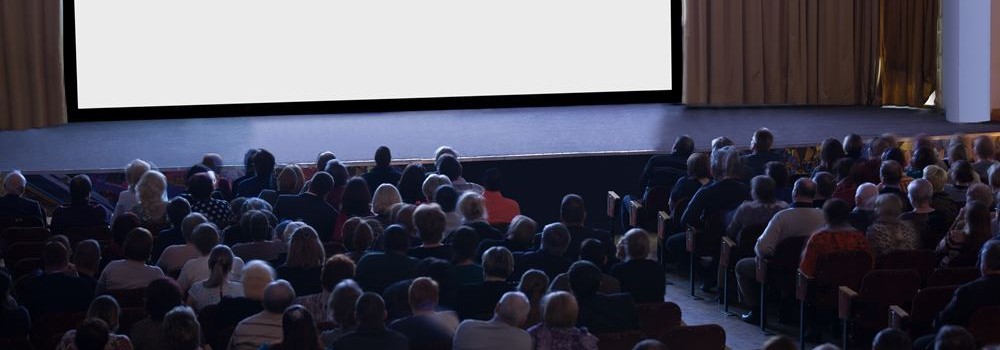- Home
- Business Processes
- Industry Knowledge
- Aerospace Industry
- Automotive Industry
- Banking Domain
- BFSI Industry
- Consumer/ FMCG Industry
- Chemicals Industry
- Engineering & Construction
- Energy Industry
- Education Domain
- Finance Domain
- Hospitality Domain
- Healthcare Industry
- Insurance Domain
- Retail Industry
- Travel and Tourism Domain
- Telecom Industry
- Leadership Skills
- eLearning
- Home
- Leadership
- Tags: studies on leadership
Tagged with: studies on leadership
McClelland's Theory of Needs

McClelland's Theory of Needs is a human motivation theory which states that an individual's specific needs are acquired over time through our culture and life experiences. As per the three needs theory, these acquired needs significantly influence the behavior of an individual. The three main driving motivators are the needs for achievement, affiliation, and power.
McGregor's Theory X and Theory Y

McGregor created Theory X and Theory Y of human work motivation and explained two styles of management known as authoritarian (Theory X) and participative (Theory Y). Theory X management assumes most people will attempt to avoid work whereas Theory Y managers trust their people to take ownership of their work.
Michigan Studies

Michigan Leadership Studies led to behavioral Leadership Theory as a result of a leadership study conducted at the University of Michigan. Michigan studies identified three important behaviors of leadership called task-oriented behavior, relationship-oriented behavior, and participative leadership. Two leadership styles associated with studies are employee orientation and production orientation.
Motivation-Hygiene Theory

The two-factor theory also known as Herzberg's motivation-hygiene theory and dual-factor theory. This motivator-hygiene theory states that certain factors cause job satisfaction whereas certain separate factors cause dissatisfaction in the workplace. An organization can adjust these factors to influence motivation. These factors are respectively termed as motivators and hygiene factors.
Multiple Linkage Model

The multiple linkage model states that leadership effectiveness is based on six variables. Multiple variables of a leader's behavior and situation have a linkage to the performance of the individual follower and work unit performance. The theory is based on the notion of the link between the organization process and managerial influence.
Explore Our Free Training Articles or
Sign Up to Start With Our eLearning Courses

About Us
Learning
© 2023 TechnoFunc, All Rights Reserved